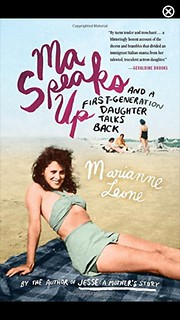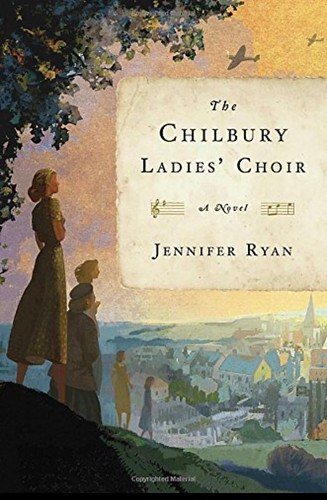
Judy Blume lived in Elizabeth, New Jersey in the early 1950s, a traumatic time to be in that place. In the space of two months, December-February, three separate plane crashes occurred in Elizabeth. Homes and schools were damaged, people were killed and injured, and no one who lived through it was ever the same again.
This is a fictional account of that terrible winter, based on Ms .Blume's memories and of historical records that she researched. She brings the characters to life, with all their failures and triumphs, the quest of young love, the devastation of mental breakdown and family rupture, learning to trust, and to trust again. We connect with 15 year old Miri and her family, friends, and more distant connections.





